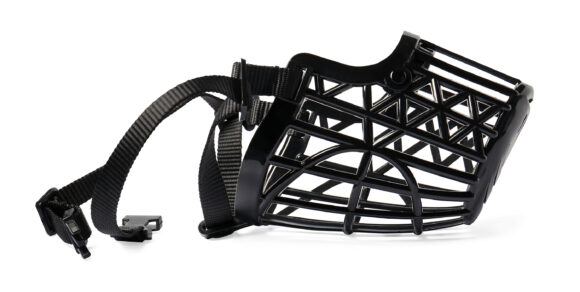A customer’s dog bit Lindsay Franczyk while she worked at The Home Depot. Her supervisors wouldn’t let her talk to the dog’s owner and didn’t write down any names, so she wasn’t able to file a lawsuit against the person responsible for the injury.
Instead, Franczk sued Home Depot for failing to adequately investigate the incident and denying her an opportunity to seek damages by allowing the dog owner and witnesses to leave without obtaining identifying information.
That strategy succeeded initially, but on Wednesday the Pennsylvania Supreme Court ruled that workers’ compensation exclusive remedy bars Franczyk from suing her employer. The court reversed preliminary rulings by the trial court and Superior Court that allowed Franczk’s lawsuit against Home Depot to proceed.
“If the result in this case is not entirely equitable for Franczyk, that is an unavoidable incident of the balance that the General Assembly struck,” the high court said in a 6-0 decision. “It is in the nature of global policy compromises that, in any given case, either party may receive more or less than what equity alone might call for.”

J. Grant Stringham, an attorney with Chartwell Law in Philadelphia who represented The Home Depot, said employers would have lost much of the protection given by the “grand bargain” of workers’ compensation if the lower court opinions were allowed to stand.
“Had the Court ruled in the employee’s favor in this case, Pennsylvania employers would be forced to defend against any lawsuit where an employee alleged that his or her employer somehow acted improperly in investigating a workplace injury and allegedly impeded the ability of an employee to recover against a third-party tortfeasor,” Stringham said in an email. “Taking away the Act’s protection for employers would open the floodgates for employee lawsuits alleging negligent investigation of workplace accidents.”
According to Franczyk’s complaint, the Allegheny County store where she worked had a policy that prohibited customers from bringing pets into the store, but store managers did not enforce the rule. On Dec. 9, 2016, a female customer brought her dog into Home Depot. The dog bit Franczyk in the arm.
Franczyk reported the injury to her supervisor and later to the store’s managers. The managers spoke to the customer who owned the dog and a witness, but did not write down any names. Franczyk says her supervisors barred her from having any interaction with the dog owner or any witnesses.
The dog bite caused Franczyk to develop cubital tunnel syndrome, a neuropathy that causes shooting pain in the forearm. Franczyk underwent surgery to repair the nerve damage. All told, the dog bite ended up costing Home Depot $130,000, according to the opinion.
Franczyk filed a lawsuit against her employer. The Allegheny County Court of Common Pleas denied a motion for summary judgment filed by Home Depot. The Superior Court affirmed the ruling, finding that an employer cannot claim workers’ compensation immunity when its own actions prevented an employee from seeking redress against the person responsible for an injury.
The Supreme Court said the Pennsylvania Workers’ Compensation Act allows few exceptions to exclusive remedy. The court has found that even an employer’s intentional acts that result in injury do not create a “carve-out” from exclusive remedy, unlike other states.
Franczyk argued that her claim is not for the underlying injury, but rather the distinct harm she suffered when the store managers failed to take reasonable steps to enable her to pursue a third-party claim against the dog owner.
The court’s opinion, however, said the definition of injury in the Pennsylvania Workers’ Compensation Act “suggests a categorical ban against any worker’s claim for damages that is not among those specifically excepted.”
“Thus, to the extent that Franczyk’s allegedly impeded third-party claim seeks to recover for her physical injuries as such, the Act clearly precludes Defendants’ liability beyond that provided by the Act,” the opinion says.
Was this article valuable?
Here are more articles you may enjoy.


 Moody’s: LA Wildfires, US Catastrophes Drove Bulk of Global Insured Losses in 2025
Moody’s: LA Wildfires, US Catastrophes Drove Bulk of Global Insured Losses in 2025  Judge Upholds $243M Verdict Against Tesla Over Fatal Autopilot Crash
Judge Upholds $243M Verdict Against Tesla Over Fatal Autopilot Crash  Claims Handling Breakdowns From LA Wildfires One Year on
Claims Handling Breakdowns From LA Wildfires One Year on  Gas-Guzzler Revival Risks Dead-End Future for US Automakers
Gas-Guzzler Revival Risks Dead-End Future for US Automakers 